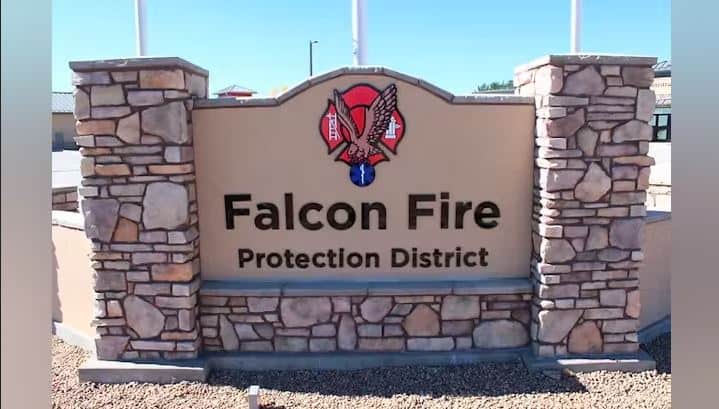Firefighters have long been respected by most people in the communities they serve. However, the fire service also has its share of critics. In September, a columnist for ìThe Mercury Newsî in San Jose, California, called firefighting a ìcushyî job, in part because of her perception that firefighters fill their workdays with leisurely activities when theyíre not responding to occasional incidents.The notion that firefighters have a lot of free time between alarms likely stems from the days when fire departments only responded to fires, which were not an everyday occurrence. But times have changed and so has the fire service. Firefighters have been referred to as ìthe Swiss army knivesî of the emergency services because they handle a variety of situations, not just fires.In addition to responding to more than 2,000 calls a year, Falcon firefighters spend much of their time between alarms training, maintaining facilities and equipment; and educating the public on fire safety. As one Falcon firefighter put it, ìThereís a lot that goes on behind the scenes that many people donít realize.îEmergencies happen at all hours of the day or night, so emergency responders must also be available 24/7 365 days to provide the quickest response. FFPD firefighters work 48 consecutive hours and then have four days off. When hours are averaged, Falcon firefighters log 56 hours a week compared to a standard 40-hour workweek for full-time employees in the U.S.Firefighters live and work at the fire station for their entire 48-hour shift. They respond to an average of five to six calls per day, with some shifts significantly busier than others. In January, Falconís fire crews had 20 calls for service in a 24-hour period. Emergencies do not occur on any sort of schedule, so interrupted meals are common, and there is no guarantee of a full nightís sleep.The amount of time firefighters spend on each incident varies. A medical call or traffic accident might tie up firefighters for a half-hour or longer depending on the severity of the emergency. Crews can spend hours on a structure fire. Traveling to and from calls also takes time since the Falcon Fire Protection District covers 113 square miles. After a fire, firefighters must clean vehicles and tools, refill air bottles and top off apparatus water tanks in preparation for the next alarm.So what do firefighters do between calls?Training: Because fire departments are now all-hazards response agencies, firefighters must be proficient in more skills than ever before. That means they must spend more time training to maintain current skill levels or to develop new capabilities. So far in 2016, Falcon personnel have logged more than 2,100 training hours.Facilities and equipment maintenance: Equipment failure can be a matter of life and death, so firefighters check fire apparatus, tools and equipment every shift; and perform more in-depth checks weekly. National Fire Protection Association standards mandate regular inspection, testing and maintenance of fire apparatus and equipment, including hoses and ground ladders. Falcon firefighters also take care of the grounds and buildings of the districtís four (soon to be five) fire stations.Maintaining stations, vehicles and equipment in good working order is also important from a financial standpoint. Buildings and fire equipment are expensive to repair or replace. Station 4, which is currently under construction, is budgeted at $1.7 million. The new fire engine will cost more than a half-million dollars, and that price tag does not include hose and nozzles, self-contained breathing apparatus, radios, extrication equipment, tools or medical equipment.Community risk reduction: One of the best ways to fight fires is to prevent them from starting in the first place. Every year, Falcon firefighters share fire safety and other safety messages with local second-grade classes. They make presentations to community groups and scouts. Walk-throughs of commercial buildings allow firefighters to become more familiar with floor plans and fire protection systems.The activities mentioned above and the daily hustle and bustle help ensure that firefighters provide the best service possible to residents in their fire district. Their job is anything but ìcushy.î





